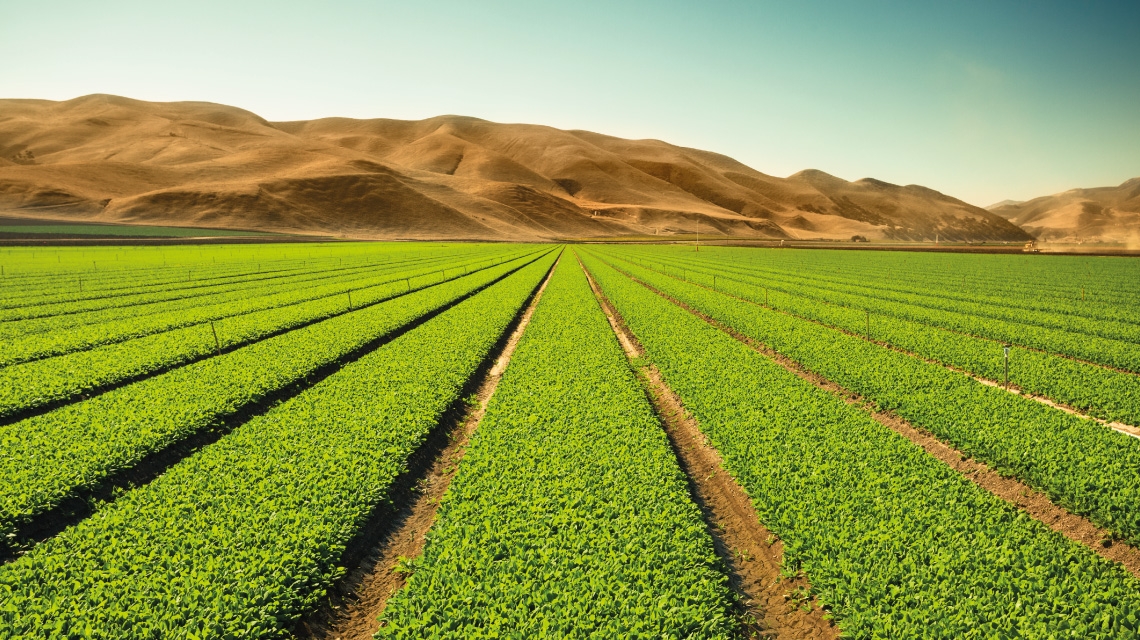
Abu Dhabi produces almost a million tons of municipal solid waste every year, as well as a considerable amount of garden, agricultural and industrial waste.
As the emirate develops and grows, there’s only going to be more. Much of this waste ends up in landfill. Unchecked, that would make the emirate’s landfill in Al Dhafra the size of Abu Dhabi city within 35 years.
It’s a lot of landfill. As well as being unsightly and unpleasant, it contributes to greenhouse gas emissions and can contaminate soil and groundwater.
It is a problem that Abu Dhabi’s leadership takes so seriously that it has set a target of near-zero waste in Abu Dhabi by 2018.
One potential solution could be to turn Abu Dhabi’s waste into biofuel and biochemicals. Biological conversion of organic fraction waste has great potential to produce renewable fuels and biochemicals. It also has a valuable byproduct – a nutrient-rich residue that can be used as fertilizer or compost in combating desertification by putting nutrients back into the UAE’s farmlands.
We at the Masdar Institute are engaged in a comprehensive research project that aims to address Abu Dhabi’s waste problems in a sustainable way that affords multiple benefits.
We are exploring technologies and methods to produce biofuels and useful biochemicals from Abu Dhabi’s waste. Our research specifically aims to provide the protocols for production of biofuels from plant dry matter and waste from agriculture, industry and municipal activities.
We are also exploring how to integrate the production of biofuels and added-value products such as fertilizer; making sustainability assessments; and implementing sustainable production schemes in Abu Dhabi.
We have divided our scientific research into four areas: biogas, assessments and experimental work; dark fermentation, assessments and experimental work; energy crops assessment; and compost assessment.
The biogas-focused research aims to assess the potential of biogas production from organic wastes in Abu Dhabi, and perform experimental biomethane potential quantification of organic residues.
Initial results show that biogas produced from municipal organic waste could generate 18 megawatts of power a year for Abu Dhabi, which would help Abu Dhabi achieve its goal of generating 7 per cent of its power needs from renewable sources by 2020.
The electricity surplus generated from the biogas and compost could respectively earn Abu Dhabi US$6.2 million (Dh22.76m) and $23m a year. Turning biogas into liquid fuels to be used in place of diesel or petroleum is also being explored.
The dark fermentation-focused research is assessing and experimenting on organic acids produced from organic waste.
It aims to do the following: convert organic waste into valuable products via dark fermentation; complete experimental work on dark fermentation of organic waste, and upgrade organic acids into the more useful hydroxyacids by using metabolically engineered E. coli bacteria in the laboratories of our partner, the Massachusetts Institute of Technology.
Research on energy crops is focused on crops that could be turned into aviation biofuels, in response to Etihad Airways’ goal of using such fuels.
It is a preliminary effort to estimate how much biofuels – bioethanol, biobutanol, or methane – could be produced from the fermentation of energy crops.
Research on compost is focused on assessing the compost and water availability in the UAE in relation to food security. Agricultural activities in the UAE face challenges from the country’s extreme climate, shortage of rain and poor soil nutrient content.
Preliminary results show that converting all of Abu Dhabi’s agricultural waste into compost could meet 4 per cent of the UAE’s total fertilizer demand.
With this research project, we hope to contribute to Abu Dhabi’s goals of near-zero waste, while contributing to its renewable energy aspirations and overall economic strength.
Dr. Jens Ejbye Schmidt is a professor at the Masdar Institute of Science and Technology and the head of the Institute Centre for Energy.